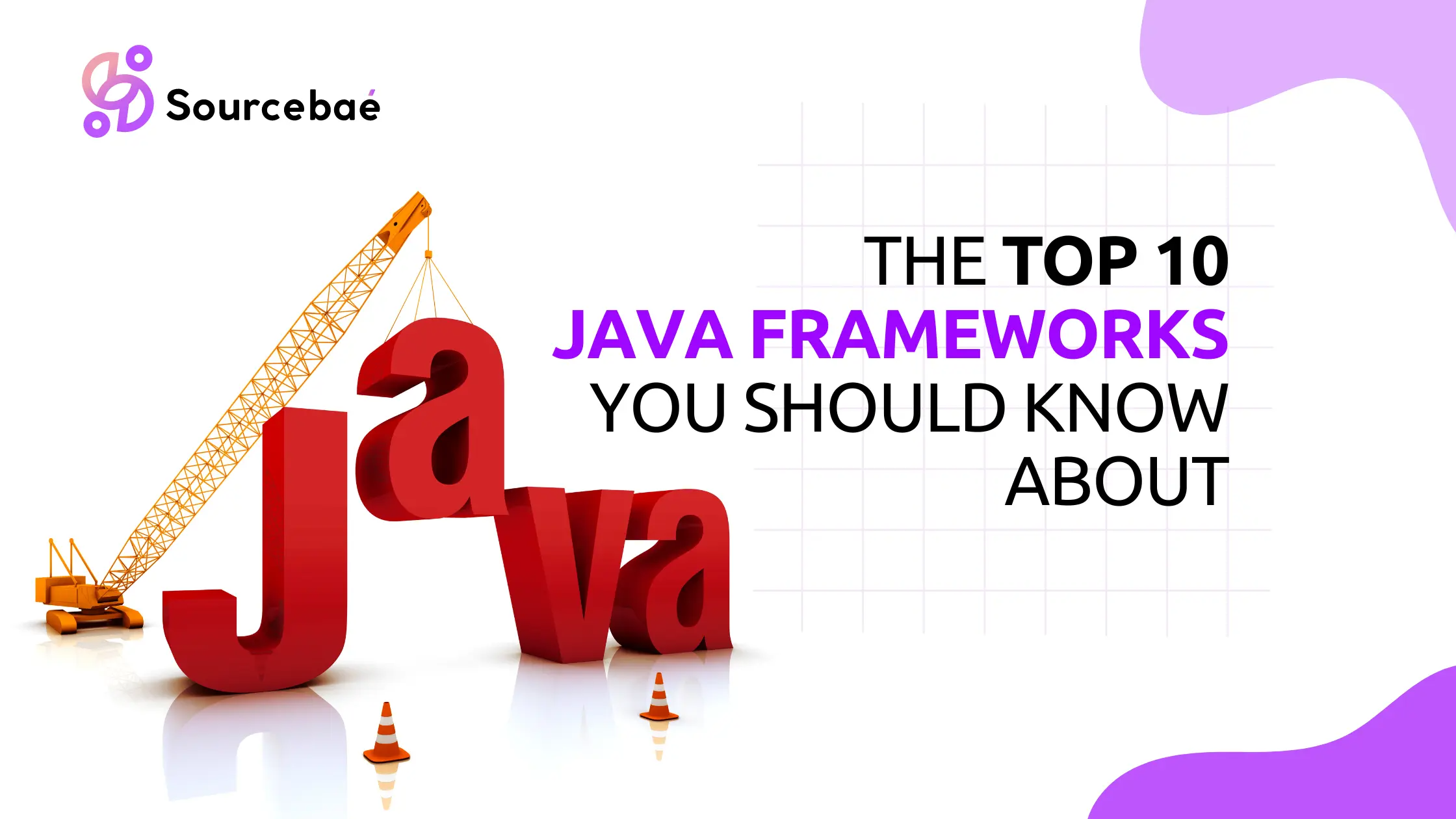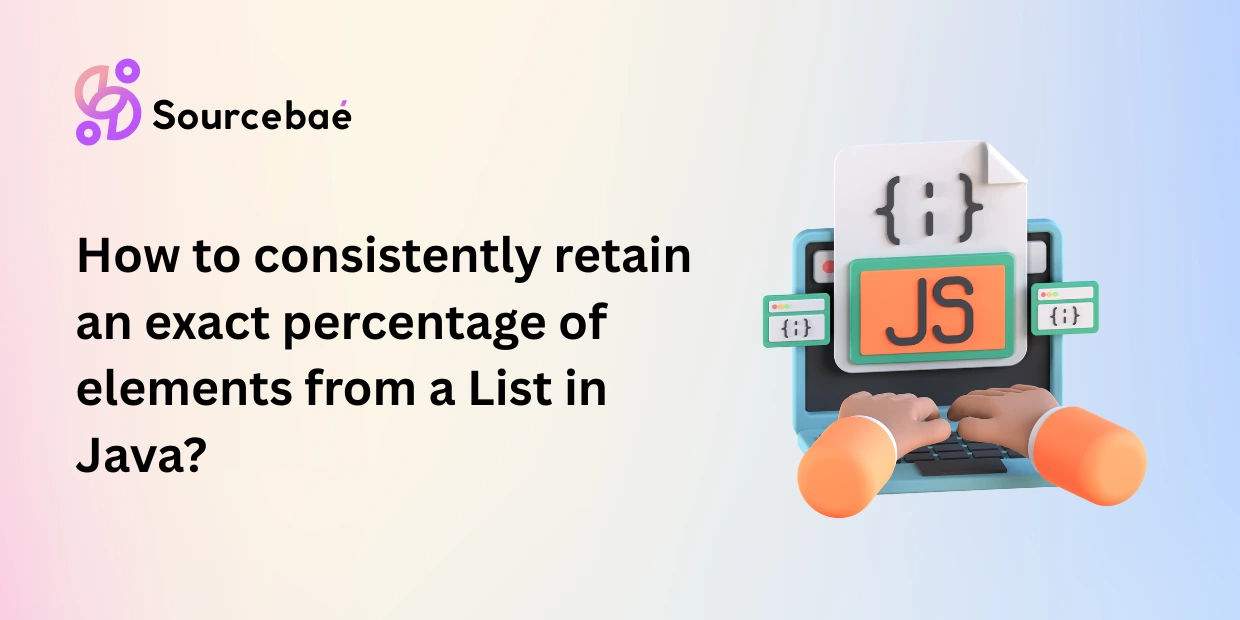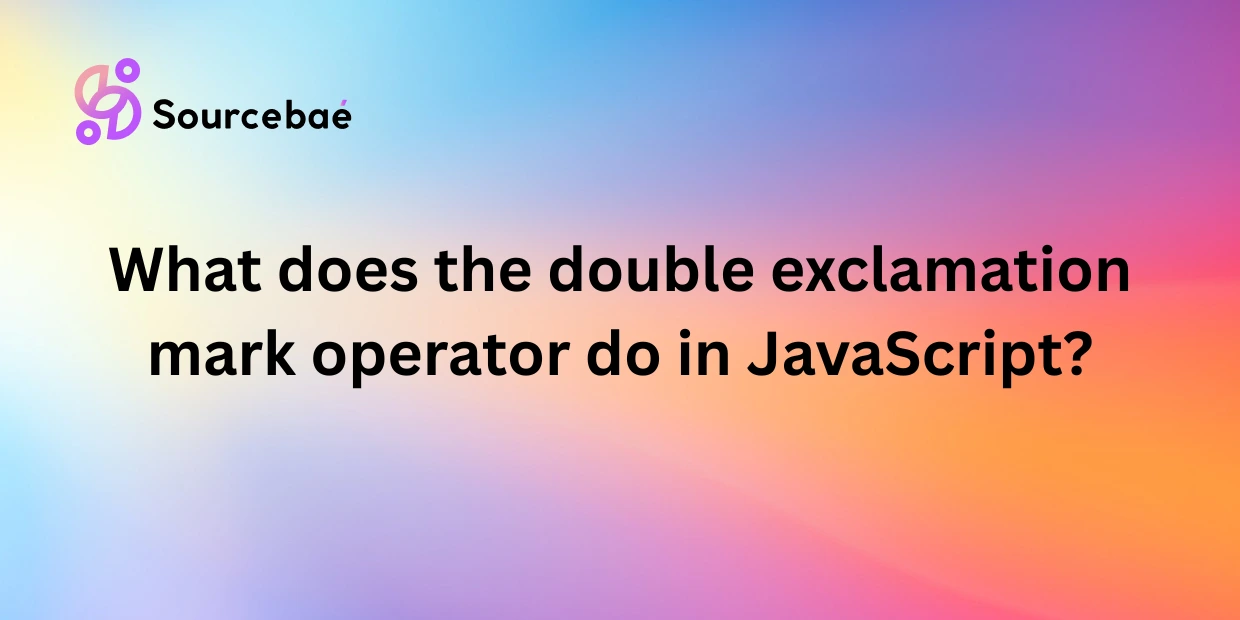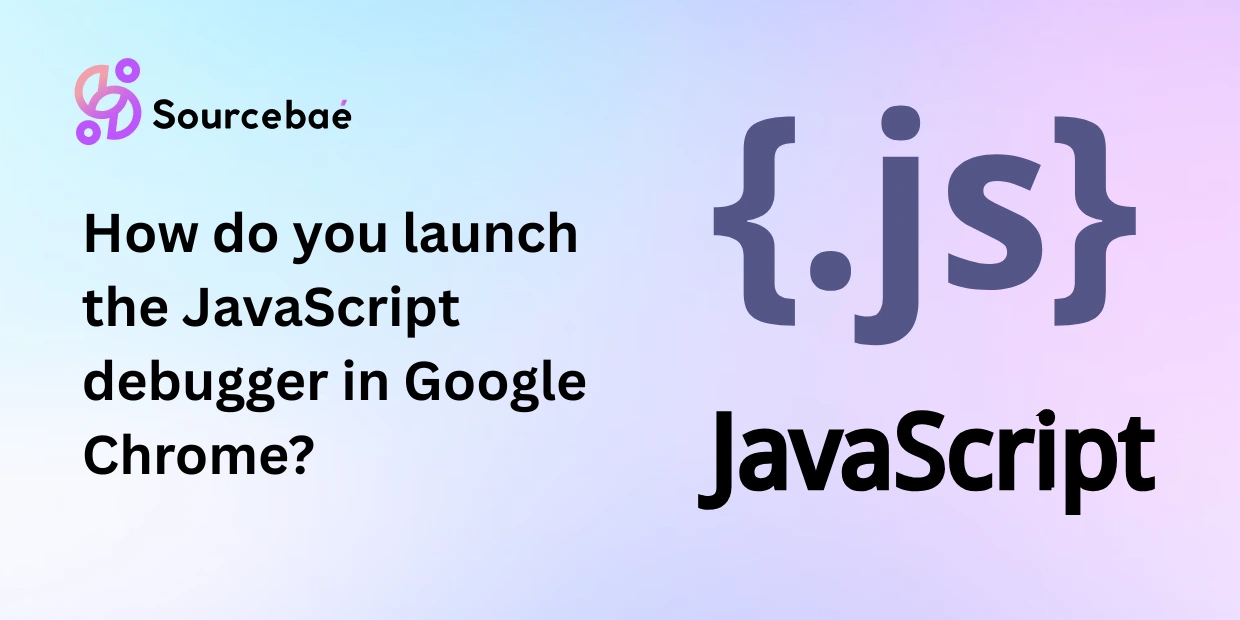Java is a powerful programming language that has been around for over two decades. It is used by millions of developers around the world for building robust and scalable applications. Java frameworks are a set of tools and libraries that make it easier to develop Java applications. They provide pre-written code for common tasks, so developers don’t have to reinvent the wheel every time they start a new project.
In this article, we’ll take a look at the top 10 Java frameworks that every developer should know about.
1. Spring Framework
Spring Framework is one of the most popular Java frameworks out there. It is an open-source framework that provides comprehensive infrastructure support for developing Java applications. It includes modules for web development, data access, security, and more.
2. Hibernate
Hibernate is a powerful and popular ORM (Object Relational Mapping) framework for Java. It simplifies the process of mapping an object-oriented domain model to a relational database. With Hibernate, developers can focus on the business logic of their application, while the framework handles the persistence layer.
3. Struts
Struts is a popular MVC (Model-View-Controller) framework for developing web applications in Java. It provides a set of reusable components that can be used to develop web applications quickly and easily.
4. JSF (JavaServer Faces)
JSF is a component-based framework for building user interfaces for web applications in Java. It provides a set of reusable UI components that can be used to build web pages quickly and easily.
5. GWT (Google Web Toolkit)
GWT is an open-source Java software development framework that enables developers to create complex browser-based applications. It provides a set of reusable UI components and widgets, as well as tools for building, testing, and deploying applications.
6. Vaadin
Vaadin is a popular web application development framework for Java. It provides a set of reusable UI components that can be used to develop web applications quickly and easily. Vaadin also includes features for data binding, event handling, and more.
7. Play Framework
Play Framework is a lightweight and modular web application framework for Java. It is designed to be fast and easy to use, with a focus on developer productivity. It includes features for building RESTful APIs, web sockets, and more.
8. Apache Wicket
Apache Wicket is a lightweight web application development framework for Java. It provides a component-based programming model that simplifies the process of building web applications. With Wicket, developers can focus on the business logic of their application, while the framework handles the presentation layer.
9. Spark Framework
Spark Framework is a lightweight web application framework for Java. It is designed to be fast and easy to use, with a focus on simplicity and developer productivity. Spark includes features for building RESTful APIs, web sockets, and more.
10. JHipster
JHipster is a popular open-source web application generator for Java. It provides a set of tools and libraries that enable developers to quickly build and deploy modern web applications. JHipster includes features for building microservices, front-end frameworks, and more.
Conclusion
Java frameworks provide a set of tools and libraries that make it easier to develop robust and scalable applications. The frameworks listed above are some of the most popular and widely used in the Java community. By using these frameworks, developers can save time and focus on building the business logic of their application, rather than reinventing the wheel every time they start a new project.
Need a developer who can hit the ground running? Our network of talented developers is ready to start working for you today.





